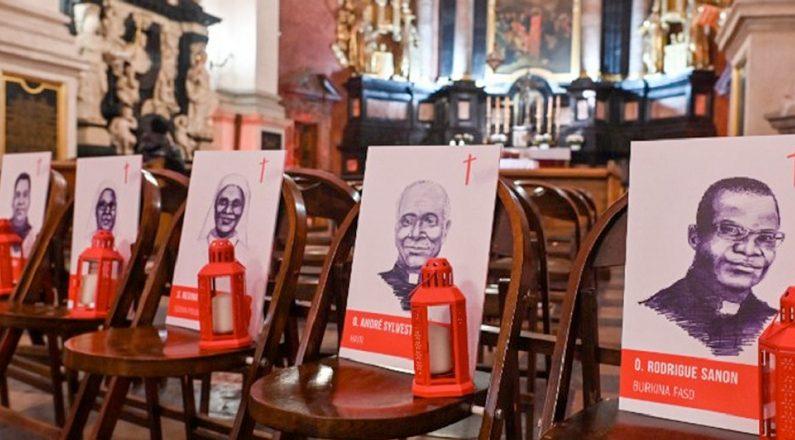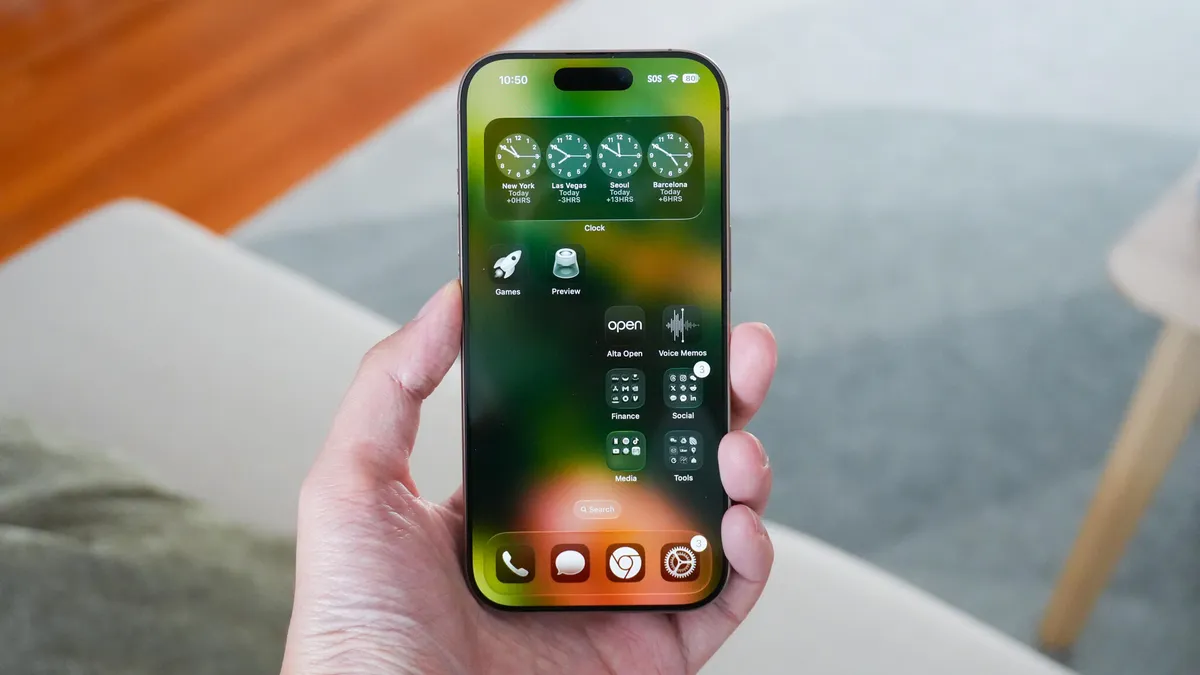By Gtimes
Copyright guyanatimesgy

The Guyana Prison Service (GPS) is undertaking a transformation, signaling an essential shift in the country’s approach to incarceration. Moving away from a system traditionally defined by punishment, the service is embracing a correctional model focused on rehabilitation, reintegration, and the restoration of human dignity. This development, while long overdue, marks a critical juncture in the evolution of the nation’s criminal justice landscape.
Historically, prisons in Guyana, as in many jurisdictions, have been viewed primarily as sites for confinement, a response to crime that relies on restriction and control. This punitive model, while straightforward in its intent, has yielded limited success in addressing recidivism or preparing inmates for constructive roles in society upon release. Recognition of these limitations has prompted a re-evaluation of the core purpose of incarceration, one that prioritizes the transformation of lives over the mere enforcement of sentences.
Officials of the GPS have been explicit about this reorientation. Speaking on the monthly program Prison in Focus, Deoraj Gyandat, Officer-in-Charge of Lusignan Prison, highlighted that the punishment is the deprivation of liberty itself, not the experience of suffering within prison walls. “Sent to prison is the punishment, not sent to prison for punishment,” he stated. This perspective represents a conscious effort to reposition correctional institutions as centres for learning, skill-building, and personal development.
Central to this shift is the introduction of vocational workshops, training wings, and dedicated spaces for skills development. Inmates now have access to accredited programs in carpentry, joinery, masonry, and other practical trades, facilitated by qualified instructors. These initiatives are designed to equip inmates with marketable skills, fostering employability and the ability to reintegrate productively into society. Beyond employment, such programs provide a sense of purpose and structure, contributing to the broader objective of reducing re-offending rates.
Rehabilitation efforts extend beyond technical training. Family engagement has been recognised as a critical component of successful reintegration. Deputy Director of Prisons, Kevin Pilgrim, emphasised initiatives that maintain and strengthen family ties, noting that reconciliation programs and structured visitation schedules are integral to sustaining support networks outside prison walls. In doing so, the service acknowledges the central role of social bonds in promoting behavioural change and long-term stability.
The transformation is equally evident within the ranks of prison staff. New training facilities aim to instill a correctional ethos among officers, moving away from a culture focused solely on control and surveillance. Officers are being prepared to assume mentorship roles, guiding inmates in their rehabilitation journeys while upholding humane treatment and professional standards. This dual focus, on both inmates and personnel, reflects an understanding that meaningful reform requires cultural as well as structural change.
The GPS’s reform agenda is unfolding against a backdrop of enduring challenges, including overcrowding and contraband. Nevertheless, officials maintain that substantial investments in modern infrastructure since 2020 have laid a robust foundation for this transition. Facilities have been constructed in accordance with international best practices, providing environments conducive to rehabilitation and humane treatment. Director of Prisons Nicklon Elliot underscored that modernisation extends beyond physical infrastructure to encompass operational policies, legal frameworks, and strategic planning, all aligned with contemporary correctional standards.
Adopting principles reminiscent of the Nelson Mandela approach, the service is committed to ensuring prisoners are afforded humane conditions, access to legal and health services, and opportunities for personal development. This commitment aligns with international human rights norms and the global shift toward correctional practices that prioritise rehabilitation over retribution. By embedding these values into everyday operations, the GPS seeks to cultivate a correctional culture capable of transforming both individuals and society.
The ongoing reforms signify an administrative change and represent a philosophical redefinition of incarceration itself. By recognising that punishment resides in deprivation of liberty, while rehabilitation lies in opportunity and support, Guyana is positioning its prison system to achieve outcomes that extend well beyond the prison walls. In an era when effective criminal justice is measured by the ability to reduce recidivism, restore social cohesion, and prepare citizens for productive engagement, the GPS’s initiative offers a blueprint for a correctional service that is both modern and humane.
The success of this transformation will depend on sustained investment, the consistent application of correctional principles, and the engagement of society at large. If executed faithfully, this approach has the potential to redefine the nation’s penal system, making it a model of rehabilitation and social reintegration.



